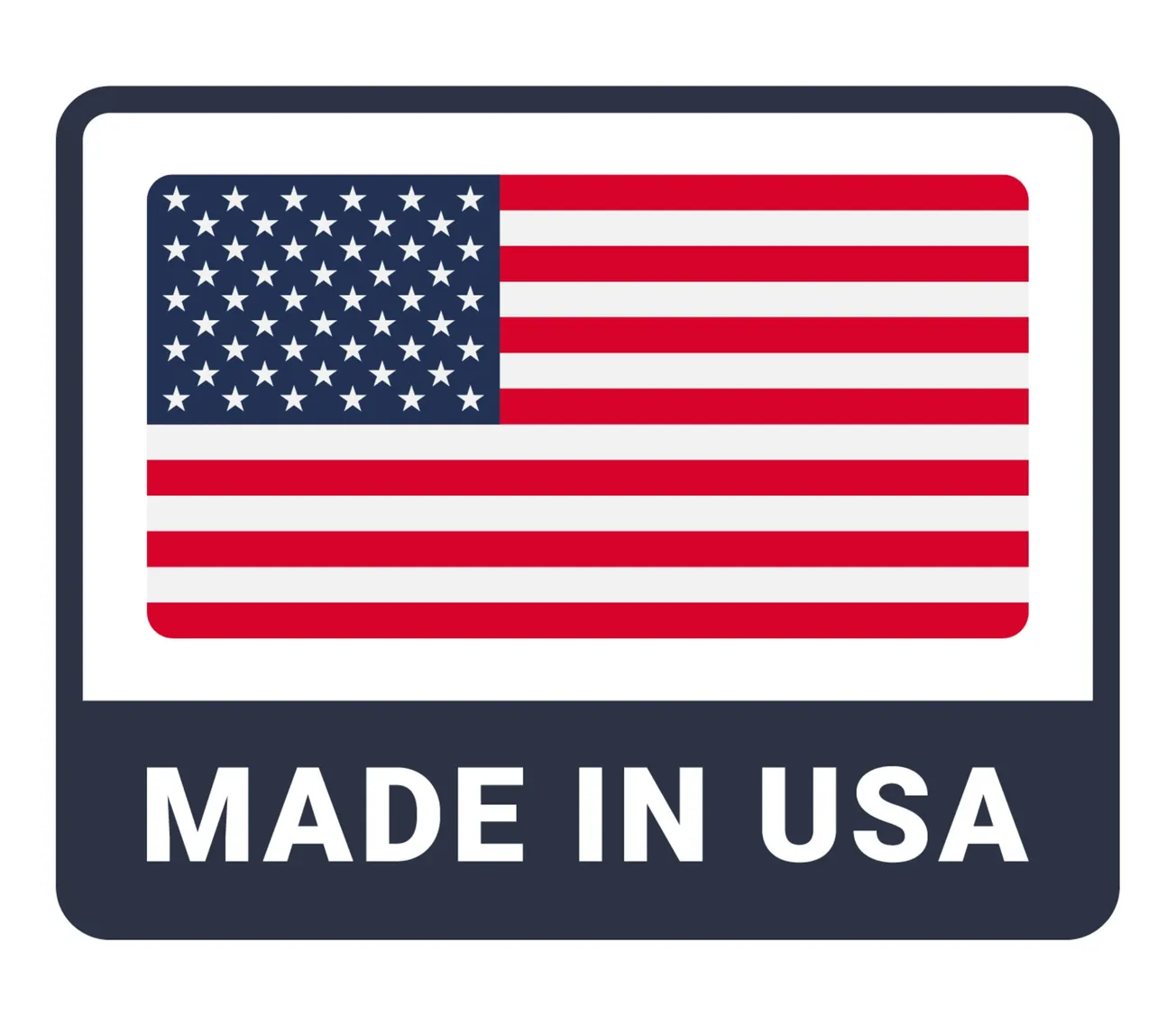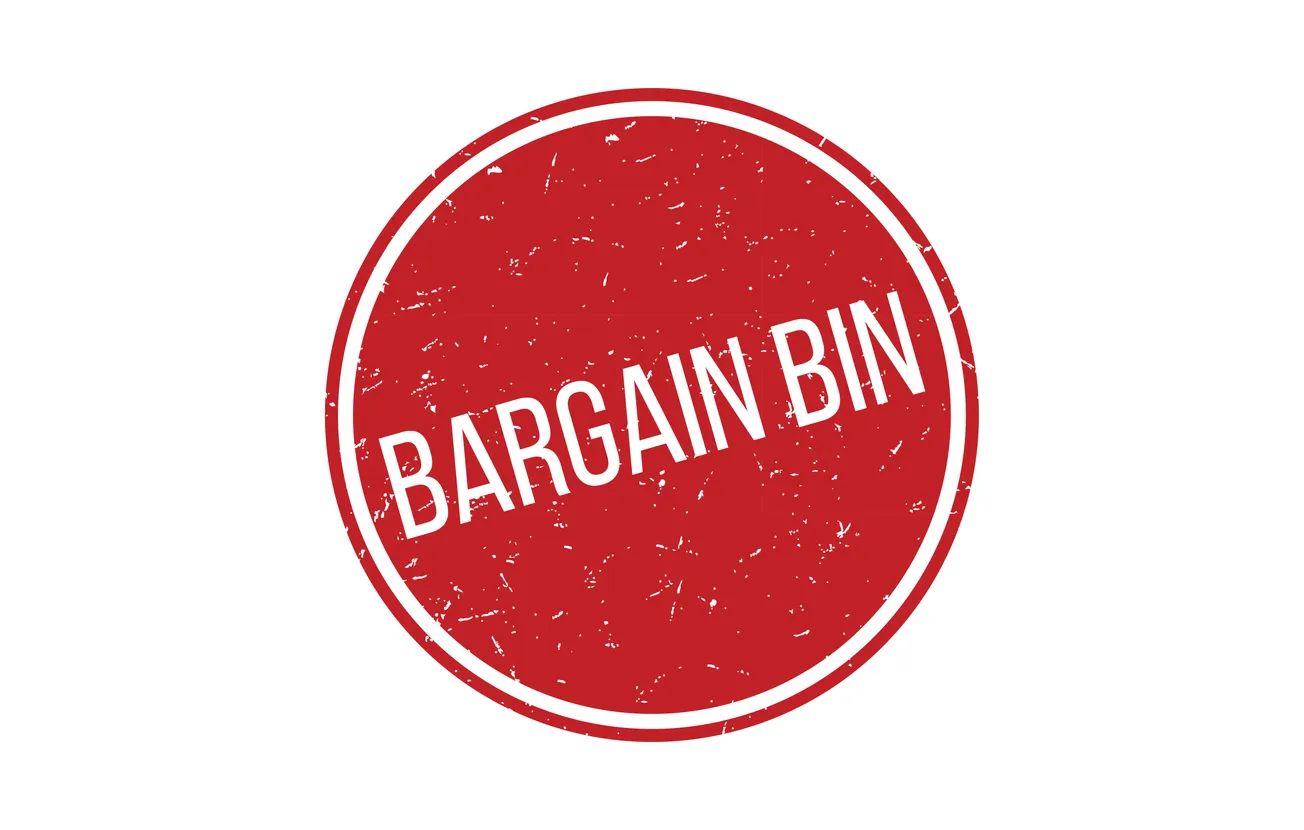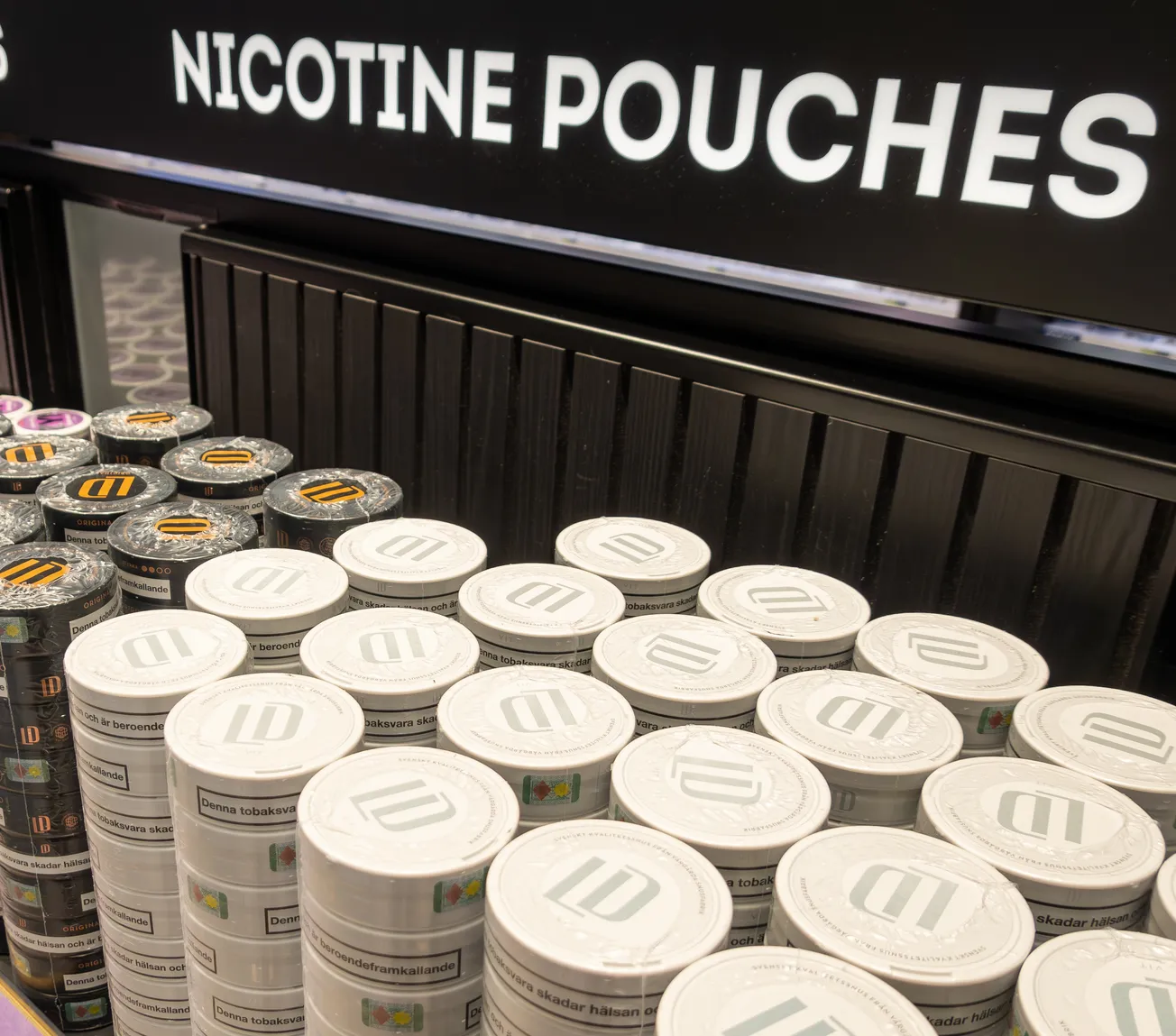Mergers, acquisitions, and shifting consumer behaviors are driving significant transformations in the multi-billion dollar snack food sector.
Mars’ $30 billion bid for Kellanova, the snack division of Kellogg, underscores the growing consolidation in the snack industry. Kellanova’s portfolio, which includes well-known brands like Pringles and Cheez-It, aligns with Mars’ strategy to expand its snack offerings beyond its traditional confectionery products. This acquisition would not only enhance Mars’ product portfolio but also strengthen its distribution capabilities, particularly in international markets.
The proposed deal is part of a larger trend of mergers and acquisitions in the snack industry, as companies seek to scale operations, diversify product lines, and tap into new consumer segments. For Mars, acquiring Kellanova would provide a significant foothold in the savory snack market, complementing its existing sweet snack portfolio.
Krispy Kreme's decision to sell a majority stake in Insomnia Cookies marks a significant shift in its strategy, potentially indicating a focus on core brand operations and global expansion. Insomnia Cookies, known for its late-night delivery service of warm cookies, has been a successful subsidiary, contributing to Krispy Kreme’s growth. However, this divestiture suggests that Krispy Kreme is looking to streamline its operations, potentially reinvesting the proceeds into its doughnut business or other ventures.
The sale also reflects the broader trend of companies refining their portfolios to focus on high-growth segments. By divesting from Insomnia Cookies, Krispy Kreme may be positioning itself to better compete in the highly competitive snack and dessert market, where consumer preferences are rapidly evolving.
Significant shifts in consumer behavior, particularly related to health and wellness, are also driving industry changes.
The rise of GLP-1 receptor agonists, a class of weight-loss medications, is poised to have a profound impact on snack consumption.
These medications reduce appetite and food cravings, leading to a decline in the consumption of high-calorie, sugary snacks. Major retailers, including Walmart, are likely to see a decrease in sales of products that have historically been staples in the snack category. The decline in demand could lead to reduced shelf space for these products and potentially a restructuring of the snack aisle to focus on healthier alternatives.
With consumers on weight-loss medications seeking healthier alternatives, there is an opportunity for snack companies to innovate and expand their product offerings. Products that are low in sugar, high in protein, and packed with essential nutrients are likely to see increased demand. Retailers will need to adjust their inventory to accommodate this shift, possibly leading to an expansion of the healthy snack segment.
Established brands that have built their reputation on indulgent, high-calorie snacks may face challenges as consumer preferences shift. These brands will need to either innovate by introducing healthier versions of their products or risk losing market share. For example, companies like Mondelez, which owns brands like Oreo and Cadbury, may need to explore new product formulations or brand extensions that cater to health-conscious consumers.
Both Mondelez and Utz are implementing significant changes in their supply chain strategies to enhance efficiency and reduce costs. Mondelez has partnered with SAP and Accenture to overhaul its supply chain through an advanced ERP system. This transformation is aimed at increasing agility, improving inventory management, and reducing operational costs. By leveraging technology, Mondelez is positioning itself to better respond to market demands and mitigate supply chain disruptions, which have been prevalent in the industry.
Mondelez has continued to focus on premiumization, with strong performance in its premium chocolate segment. The company’s strategy of offering higher-quality products at a premium price has resonated with consumers, particularly in international markets. However, Mondelez has also noted the impact of shifting consumer preferences, with increasing demand for healthier snack options. The company's ongoing investments in its supply chain and product innovation are aimed at capturing this growing segment of the market.
Utz, on the other hand, is closing several factories as part of its cost-cutting measures. The company’s focus on streamlining operations is a response to rising production costs and the need to maintain competitive pricing. These closures are expected to improve profitability but could also lead to supply chain challenges, particularly in meeting regional demand.
Both companies' strategies reflect the broader industry trend of leveraging technology and cost-cutting measures to remain competitive in an increasingly challenging market environment.
Other snack manufacturers are also introducing changes.
Kraft Heinz has been focusing on innovation to drive growth in its snack segment. The company has introduced several new products that cater to the growing demand for convenient, healthy snacks. These innovations have helped offset some of the challenges posed by shifting consumer preferences, but the company has acknowledged that the overall snack market is becoming increasingly competitive.
Hershey has reported strong performance in its confectionery segment. The company’s focus on brand strength and consumer loyalty has helped it maintain its market position. However, Hershey has also recognized the need to adapt to changing consumer preferences, with plans to introduce more health-oriented products in the near future.
Retailers like Walmart are likely to implement strategies to adapt to these changes. This could include a greater emphasis on promoting healthy snacks through targeted marketing campaigns, introducing private-label healthy snack options, and leveraging data analytics to understand and anticipate consumer preferences.
Additionally, retailers might explore partnerships with emerging health-focused snack brands to diversify their offerings and meet the needs of consumers on weight-loss medications.






